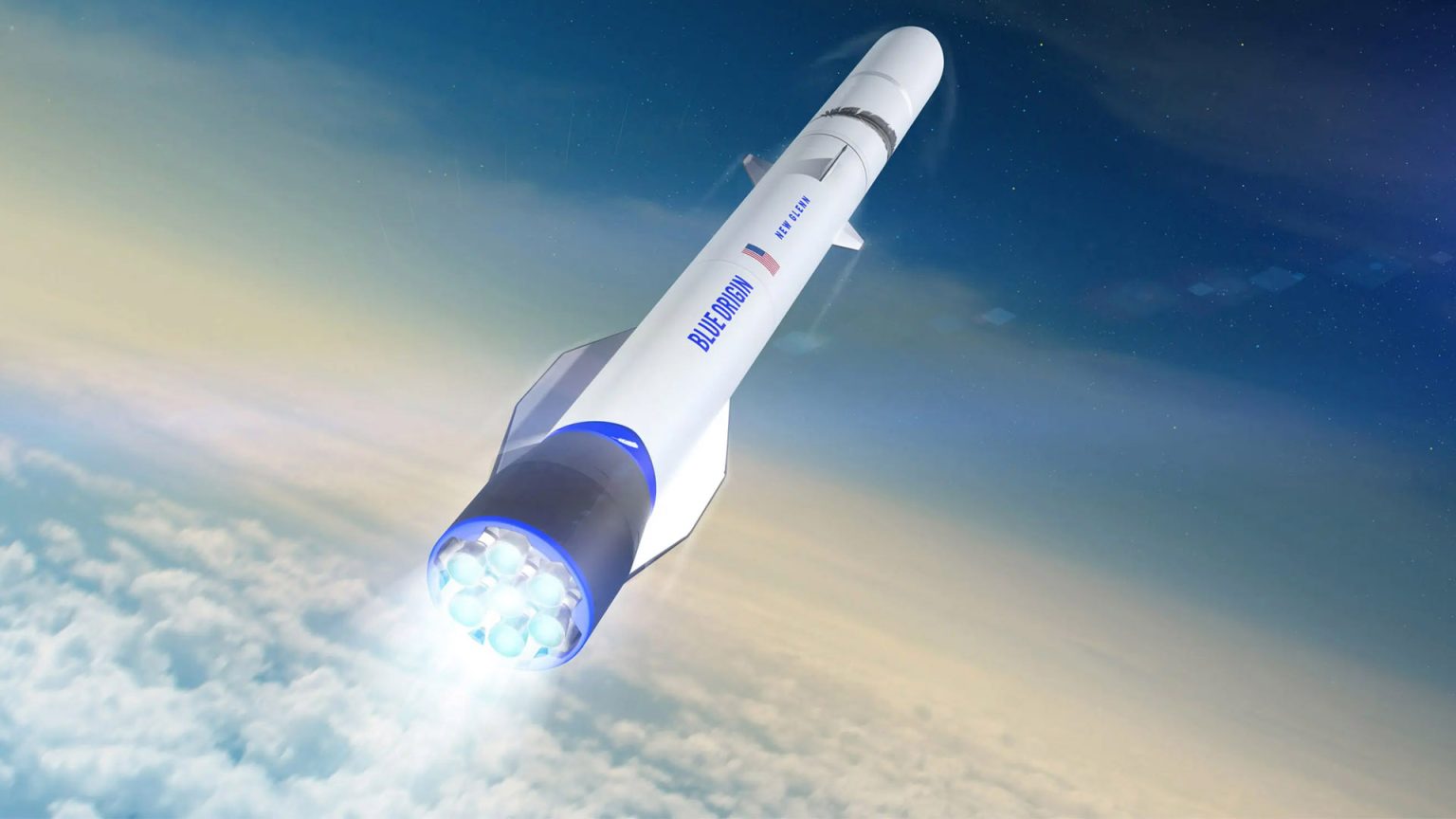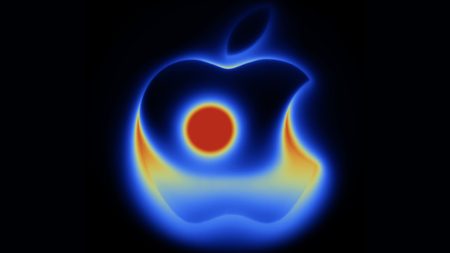The commercial space race is about to heat up as Jeff Bezos’ Blue Origin prepares for the maiden orbital launch of its New Glenn rocket, posing a direct challenge to Elon Musk’s SpaceX. This week’s scheduled launch, slated for as early as Wednesday, January 8th from Cape Canaveral, marks a significant escalation in the battle of the billionaires. While Bezos has already conducted suborbital flights with the smaller New Shepard rocket, carrying passengers and equipment to the edge of space, the New Glenn represents a leap into orbital capabilities, a market currently dominated by Musk’s SpaceX. The success of this NG-1 mission, carrying a Department of Defence-funded spacecraft called Blue Ring, is crucial for Blue Origin’s ambitions to secure lucrative satellite deployment contracts, a sector offering significant financial potential.
The stakes are high for Blue Origin. Suborbital flights, while impressive, have limited commercial viability. Orbital capabilities, however, open up a vast market for deploying satellites and other payloads, an area where SpaceX currently reigns supreme. Industry analysts emphasize the importance of orbital capabilities for sustained growth in the commercial space sector, and Blue Origin’s success with the New Glenn is essential for capturing a share of this lucrative market. The reusable design of the New Glenn, intended for a minimum of 25 flights, aims to mimic the operational efficiency of commercial airliners, minimizing waste and reducing launch costs, a key factor in attracting commercial clients.
The New Glenn, standing at over 320 feet tall, is one of the largest launch vehicles ever built, dwarfing SpaceX’s Falcon 9. Its large payload fairings allow for transporting substantial amounts of equipment, with a capacity of 45 metric tons to low Earth orbit and 13 metric tons to geostationary transfer orbit (GTO), the critical point for deploying satellites into a fixed position above Earth. This capacity positions Blue Origin to compete head-on with SpaceX for contracts to deploy satellites, a market that Bezos sees as key to realizing his long-term vision of moving heavy industries and even people into space.
This launch marks a pivotal moment in the evolving commercial space landscape. Currently, SpaceX’s Falcon 9 is the workhorse of the industry, carrying astronauts to the International Space Station and fulfilling crucial contracts for NASA and the Pentagon. Blue Origin’s entry into the orbital launch market, however, promises to ignite competition, potentially driving down launch costs and fostering innovation. Former NASA director G. Scott Hubbard highlights the benefits of this rivalry, suggesting that increased competition will benefit the space industry as a whole by making access to space more affordable and accessible.
The NG-1 mission is not just about launching a rocket; it’s about Blue Origin proving its capability to compete in the high-stakes world of orbital spaceflight. Success will open doors to lucrative contracts and position Blue Origin as a serious contender against SpaceX, transforming the dynamics of the commercial space race. Failure, however, could significantly set back Bezos’ ambitious plans and solidify SpaceX’s dominance. This week’s launch, therefore, carries immense weight for the future of Blue Origin and the broader landscape of private space exploration.
The competition between Bezos and Musk transcends personal rivalry and represents a critical juncture in the development of the commercial space industry. The outcome of this launch will have far-reaching implications, influencing the cost of access to space, the pace of innovation, and the overall accessibility of space for both governmental and commercial ventures. The battle of the billionaires is not just a spectacle; it is a pivotal force shaping the future of humanity’s relationship with space.











